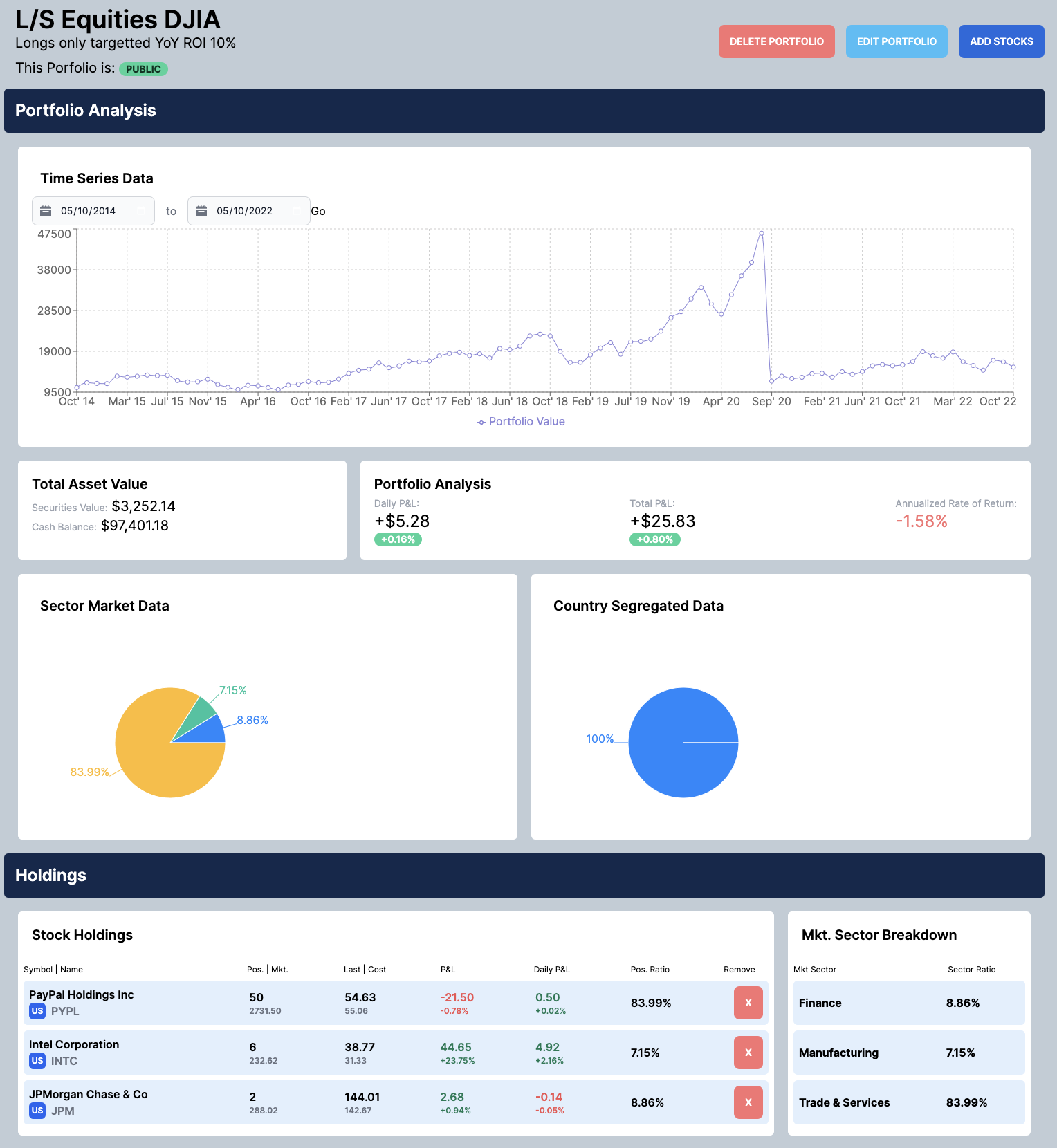Preface
If you haven’t yet, you can check out my similar posts in these series:
- What it takes to score well
- How I scored throughout University
- Techniques for Hard Work
- Introduction to the Principles of Learning
- Introduction to Memory Techniques
Now we get to the good part
Finally, we can start to work into the frameworks of doing well. Recall that doing well is a function of 5 things:
- Hard work and hours put in (40%)
- Study strategy, preparation techniques, exam techniques (30%)
- Luck (10%)
- IQ (10%)
- Genetics (10%)
We can ignore 3-5 because that’s not within our control. This leaves us with:
- Hard work and hours put in (40%)
- Study strategy, preparation techniques, exam techniques (30%)
Let’s demystify what exactly is “working hard” and “study & exam techniques”.
Working Hard
Do you picture working hard as someone working constantly 100h a week straight, no breaks? Sleeping 3h/day 6 days a week and still performing really well? Unless that person has the ADRB1 gene codes for the β1-adrenergic receptor, and is on some polyphasic sleep cycle, then no. That person doesn’t exist.
There are 5 fundamental rules to working hard:
- Hard Work is work that makes your brain go: “what the hell is this”?
- Hard Work is undistracted work - no phones, no talking with your friends, or another term for this is called achieving the flow state.
- Hard Work is work that is draining to be done on prolonged hours. You could be hard at work, but not working hard. E.g you are hard at work doing many simple tasks, but you’re not actually doing hard/difficult work.
Hence, Hard Work means to be hard at work, doing hard (difficult) work.
- Hard Work involves sacrifice and discipline - You have to forego the parties, the outings, the fun. Not always, but many times. Hard Work involves you doing the things that need to be done, despite you hating doing it.
- Hard Work pays in compound interest - the more you work hard, the more benefit you gain. It is always the most difficult at the start.
Now ask yourselves
How much Hard Work are you actually doing? Are you actually in flow, are you doing deep work or shallow work?. Take a moment to calculate the amount of hours you’re actually doing Hard Work. The very best people are able to do hard work for at least 6 hours a day. That’s how they can work 40h work weeks, and do extremely well, because all those 40 hours are actually Hard Work. The quality of the hours matter more than the quantity.
Does Quantity not matter?
No, it definitely does. Once you’re mastered the art of Hard Work, then you can slowly train yourself to pushing your limits, striving for 60 - 80h of Hard Work a week. Imagine someone who works twice as hard as you. If someone works 80h weeks while you only work 40h weeks, in 10 years that person will have 20 years of experience, while you’ll only have 10.
Quantity is really defined by yourself. Some are willing to sacrifice everthing and work 100h work weeks, many are not. That’s perfectly ok. What matters is to start working on the quality of hours first. Once done, it’s up to you to decide how to optimise the quantity of Hard Work you’re putting in.
Conclusion
Now we explore Strategies to Work Hard, and how exactly do you know you’re in Hard Work. What are some signs that you’re doing the right thing?



